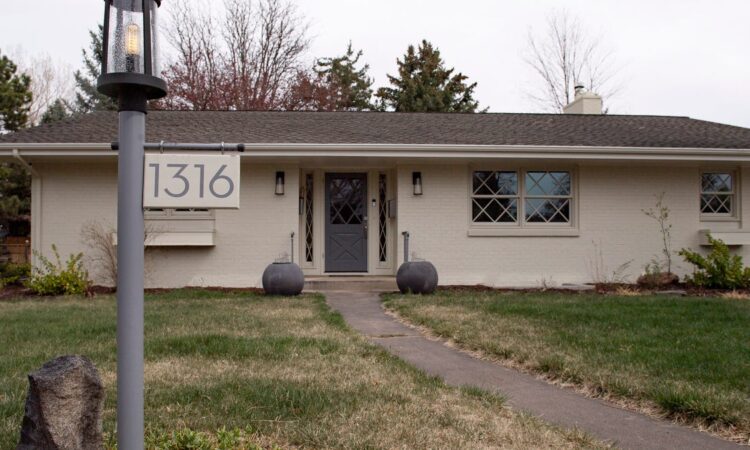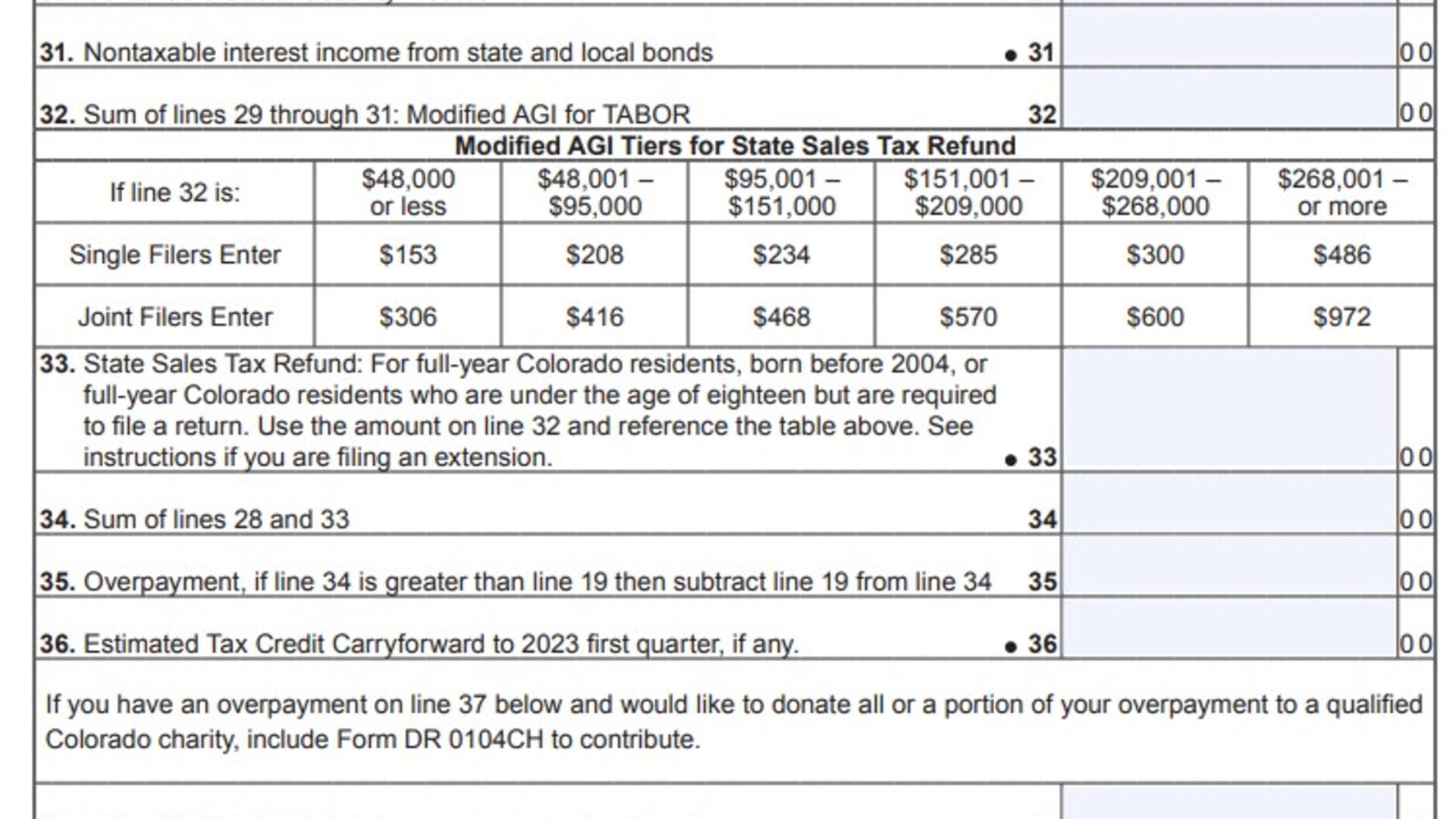

What is TABOR, the Taxpayer’s Bill of Rights? An explainer
The Taxpayer’s Bill of Rights says taxes can’t be raised without voter approval and the state must refund money that exceeds certain caps.
Changes starting in 2025 mean more Coloradans will qualify for a break on their property taxes.
What many people know as the Senior Homestead Exemption has provided property tax relief to qualifying seniors for years, exempting a portion of their home’s assessed value from property taxes.
Since then, voters have also approved the same property tax break for disabled veterans and Gold Star spouses.
For 2025 and 2026, the senior property tax exemption will apply to some seniors who have moved their primary residence.
And going forward, the disabled veterans exemption will now also apply to veterans with unemployability status.
Here’s what to know to find out if you qualify.
Who qualifies for a property tax exemption in Colorado?
- These senior citizens: The senior property tax exemption applies to anyone age 65 and older who has both owned and lived in their home for at least 10 consecutive years. The home must be their primary residence. A surviving spouse can qualify if they were legally married to a qualifying senior citizen, lived in the home as their primary residence while their spouse was alive and never remarried.
- What if you’re a qualifying senior but you’ve moved? For 2025 and 2026, otherwise qualifying senior citizens who moved or relocated within their county or from one Colorado county to another between Jan. 1, 2020, and Dec. 31, 2024, are eligible. Previously, moving from your primary residence disqualified you. The legislature will have to approve funding in order for this “portability” to continue beyond 2026.
- Disabled veterans or veterans who are unemployable also can get an exemption. Veterans must have been honorably discharged and have either (1) a service-connected disability rated by the Department of Veterans Affairs as a 100% permanent disability through disability retirement benefits or (2) have been awarded individual unemployability status. They (or their spouse, in some cases) must have owned their home and lived in it as their primary residence since Jan. 1 of the year they apply for the exemption. A surviving spouse can apply to keep the exemption.
- Gold Star spouses also qualify for the disabled veterans exemption. By definition, this means they are spouse of a United States armed service member who died in the line of duty or a veteran whose death resulted from a service-related injury or disease.
There are some exceptions to these requirements. Visit the Larimer County Assessor’s website to learn more.
What is the property tax exemption amount?
First, know that funding for these exemptions is reviewed by the Colorado legislature each year.
For both exemptions, 50% of the first $200,000 of actual value is exempted from property taxes.
So if your home were assessed at $500,000, the property tax would apply to $400,000 of the value, rather than the full amount.
The state reimburses the local governments for this loss in revenue.
How do you apply for Colorado’s property tax exemptions?
The Larimer County Assessor’s Office has released the 2025 deadlines for these applications.
- Senior homeowner exemption: If you are applying because you moved, applications will be accepted from Jan. 2 to March 15. Otherwise, they will be accepted until July 15.
- Disabled veteran and Gold Star spouse exemption: Applications will be accepted from Jan. 2 to July 1.
Applications will be available on the Seniors, Qualifying Veterans, & Gold Star Spouse Exemptions page of the Larimer County Assessor’s website, where there are also instructions on how to fill out and submit both forms.
Those with questions can contact the Larimer County Assessor’s Office at 970-498-7050 or overbebc@larimer.gov.
Will I have to reapply every year for my exemption?
No. Once you’ve applied and been approved, the exemption remains in effect until a disqualifying event happens.




